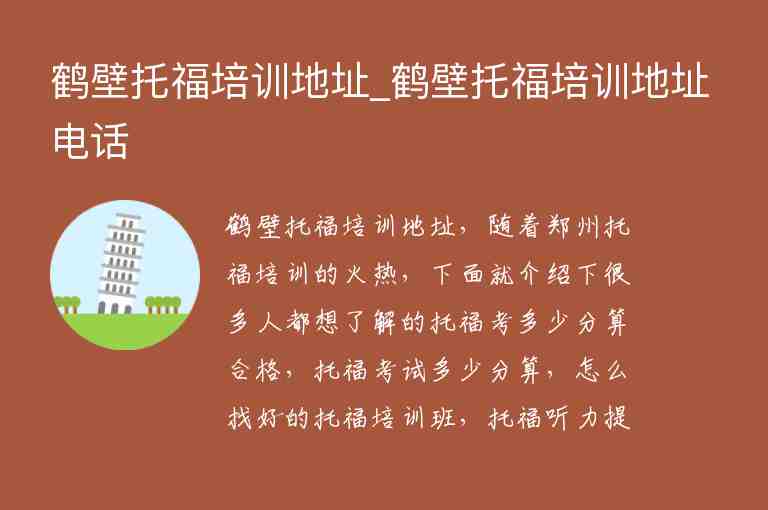的意思:
transcript是指一份文字记录或者书面副本,通常用于记录演讲、、采访或者其他口语表达的内容。这个词源于拉丁文“transcribere”,意为“抄写、复制”。在现代英语中,transcript除了可以指文字记录外,还有其他相关的含义。
怎么读(音标):
transcript的音标为/trænˈskrɪpt/,其中“æ”发音类似于汉语拼音中的“a”,读作短元音。重音在第二个音节上。
用法:
1. 作为名词,transcript可以指一份文字记录或者书面副本。
2. 在教育领域,transcript也可以指学生的成绩单或者学习记录。
3. 在电影和电视剧中,transcript可以指一份剧本或者台词本。
4. 在法律领域,transcript也可以指法庭审判过程的文字记录。
例句1-5句且中英对照:
1. The professor provided a transcript of his lecture for the students to review.
(教授提供了一份讲座的文字记录供学生复习。)
2. The university requires all applicants to submit their high school transcripts.
(大学要求所有申请人提交高中成绩单。)
3. The scriptwriter handed in the final transcript of the movie before shooting began.
(编剧在拍摄开始前交出了电影的最终剧本。)
4. The court reporter was responsible for creating a transcript of the trial proceedings.
(法庭记录员负责制作审判过程的文字记录。)
5. The transcript of the interview was published in the newspaper the next day.
(采访的文字记录第二天被刊登在报纸上。)
同义词及用法:
1. record:作为名词,record也可以指一份文字记录或者书面副本,与transcript的含义相似。
2. copy:作为名词,copy可以指复制的文件或者文字,也可以用来表示transcript的含义。
3. document:作为名词,document可以指任何形式的书面记录,包括transcript。
4. manuscript:作为名词,manuscript通常指手稿或者原稿,在某些情况下也可以指transcript。
编辑总结:
transcript是一个多义词,在不同领域有着不同的含义。它最基本的意思是一份文字记录或者书面副本,但也可以指学生的成绩单、电影剧本、法庭审判过程的记录等。在使用时需要根据具体语境来理解其含义。
